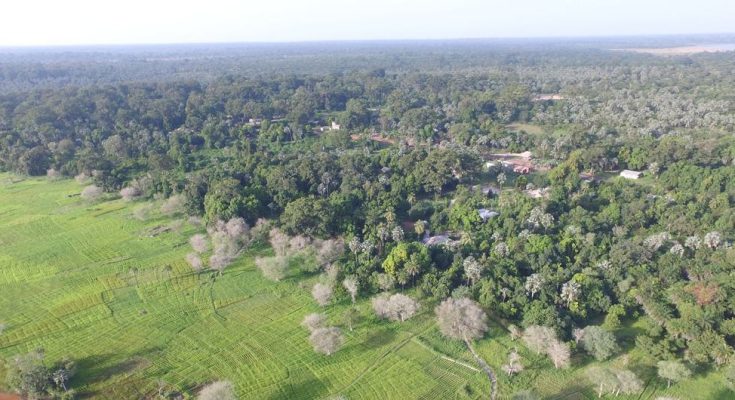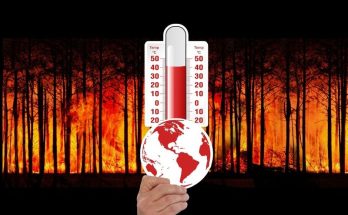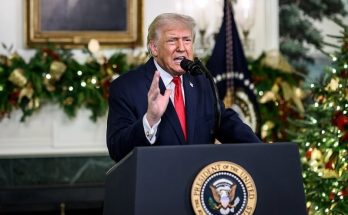As Florida reeled from the catastrophic impacts of Hurricane Milton – just the latest extreme weather event to generate international headlines – UN Deputy Secretary-General Amina Mohammed highlighted the global climate crisis during a speech in Azerbaijan on Thursday.
Addressing the preparatory meeting of the 29the session of Conference of Parties to the UN Framework Convention on Climate Change (Pre-COP29), Ms. Mohammed called for urgent climate action, emphasising the need for increased financial investments, reforms in global financial architecture and a transition away from fossil fuels.
Poorest pay the price
With “extreme weather devasting lives and livelihoods around the world with those who contributed the least paying the highest price”, Ms. Mohammed reiterated the Secretary-General’s message that we are at a moment of truth in our fight against rising temperatures.
“We are minutes to midnight in our efforts to limit the rise in global temperature to 1.5-degree Celsius,” she said.
“We are witnessing the consequences of inaction in real time.”
Signs of hope
Despite this, Ms. Mohammed said, “there is hope and we are moving in the right direction”.
She recalled the progress since the signing of the 2015 Paris Agreement, noting that “at the COP28 countries committed to make 1.5C a reality [for] the next generation of NDCs and [they] acknowledged that the transition away from fossil fuels must accelerate in this critical decade.”
Global finance reform
Ms. Mohammed called for significant change to the global financial system to raise the voice and representation of developing countries to “build trust and legitimacy”.
She added that scaling up development finance to unlock the scale of resources is required to meet today’s vast financing gaps.
She emphasised that “COP29 must build on this momentum – and translate the ambitions and commitments in the Global Stocktake into real-world, real-economy outcomes.”
New goal
Ms. Mohammed also highlighted the importance of The New Collective Quantified Goal (NCQG). She described this as “an opportunity to reimagine your economies, climate finance, restore trust, build solidarity, and catalyse ambition”.
She emphasised that it “helps address the well-known challenges faced by developing countries: high cost of capital, high levels of indebtedness, and insufficient risk-bearing and affordable capital”.
She also stressed that “it must send the right political and policy signals to markets and investors”.
COP29 and onwards
Looking ahead, Ms. Mohammed noted that “we must also secure agreement on Article 6, with an outcome from COP29 that is effective, fair, and ready for implementation”.
“We need high integrity carbon markets that are credible and with rules consistent with limiting warming to 1.5 degrees Celsius”.
She stressed the importance of the next generation of Nationally Determined Contributions (NDCs).
“These must be economy-wide and aligned with the 1.5-degree limit, covering all sectors and all greenhouse gases…they must also show how each country intends to transition away from fossil fuels, in line with the COP28 outcome.”
Political will is a must
Ms. Mohammed also pointed to the importance of the G20 countries, “who have the greatest capacity and responsibility [and] must demonstrate to the rest of the world on ambition, quality, and process”.
Ms. Mohammed concluded with a call to action: “right now the greatest threat to global ambition is a lack of political will to act”.
She stressed that “in today’s fraught and divided world, we must redouble our collective efforts to keep 1.5 within reach and protect those on the frontlines of the climate crisis.”





